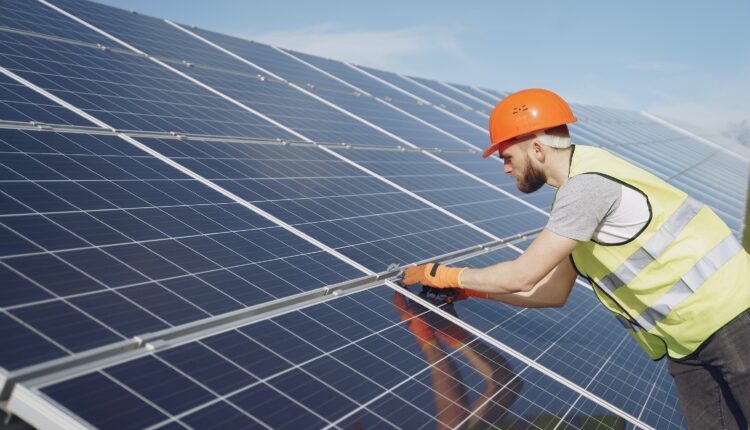Why going green makes good business sense
Martyn Kendrick, regional director for the North West at Lloyds Bank, makes the business case for going green

In 2019, the Liverpool city region joined local authorities across the country in declaring a climate emergency and pledged to achieve net zero carbon emissions by 2040 – 10 years ahead of the Government’s official target.
From investment in an eco-friendly bus fleet, to plans to triple the volume of energy generated by offshore wind in Liverpool Bay, it’s clear the city is taking its commitment seriously.
Metro Mayor, Steve Rotheram, has also said that putting the Liverpool city region at the heart of the green industrial revolution is one of his top priorities and he has committed to doubling the number of green jobs on Merseyside.
With the UK’s low-carbon sector now estimated to be worth £46.7bn and figures showing the green pound is growing four times faster than the economy as a whole – it’s clear there’s a substantial opportunity here for businesses who can take advantage of all the green economy has to offer.
Our research shows forward-thinking businesses no longer see sustainability as simply an obligation. According to our survey of UK SMEs, 91% see sustainability as an important strategic consideration, and almost half (45%) say that the COVID-19 pandemic has made them think more about its role in the business.
READ MORE: How green are Steve Rotheram’s hydrogen buses
While the commitment towards greater sustainability is clearly good for the environment, evidence also shows these changes can also help businesses to reduce costs and even help attract new customers that favour firms with greener operations.
With pressure from consumers and policymakers for more environmentally-friendly practices mounting, it’s now clear that increased sustainability is not only good for the planet, it’s also a smart business decision.
READ MORE: Electric easyJet plane a step closer to take-off
From changing energy suppliers, to making energy efficient alterations to their premises or introducing low-carbon technology, businesses in Liverpool and across the North West are taking steps towards a greener future.
For many firms, the first step on this journey will be to build an insight-led strategy that can help companies understand their existing energy usage and carbon emissions, as well as the impact of any potential changes.
The UK’s direction on emissions is clear; and at Lloyds Bank, we recognise the urgent need to tackle climate change.
READ MORE: Bibby looks to ‘revolutionise’ global shipping emissions
While realising net zero will require us all to make changes and adopt new ways of working, introducing sustainability also presents an exciting opportunity for businesses looking to maintain competitiveness and drive innovation and growth.
Now is the time for firms to start out on their sustainability journeys and future-proof their firms against the challenges ahead.

